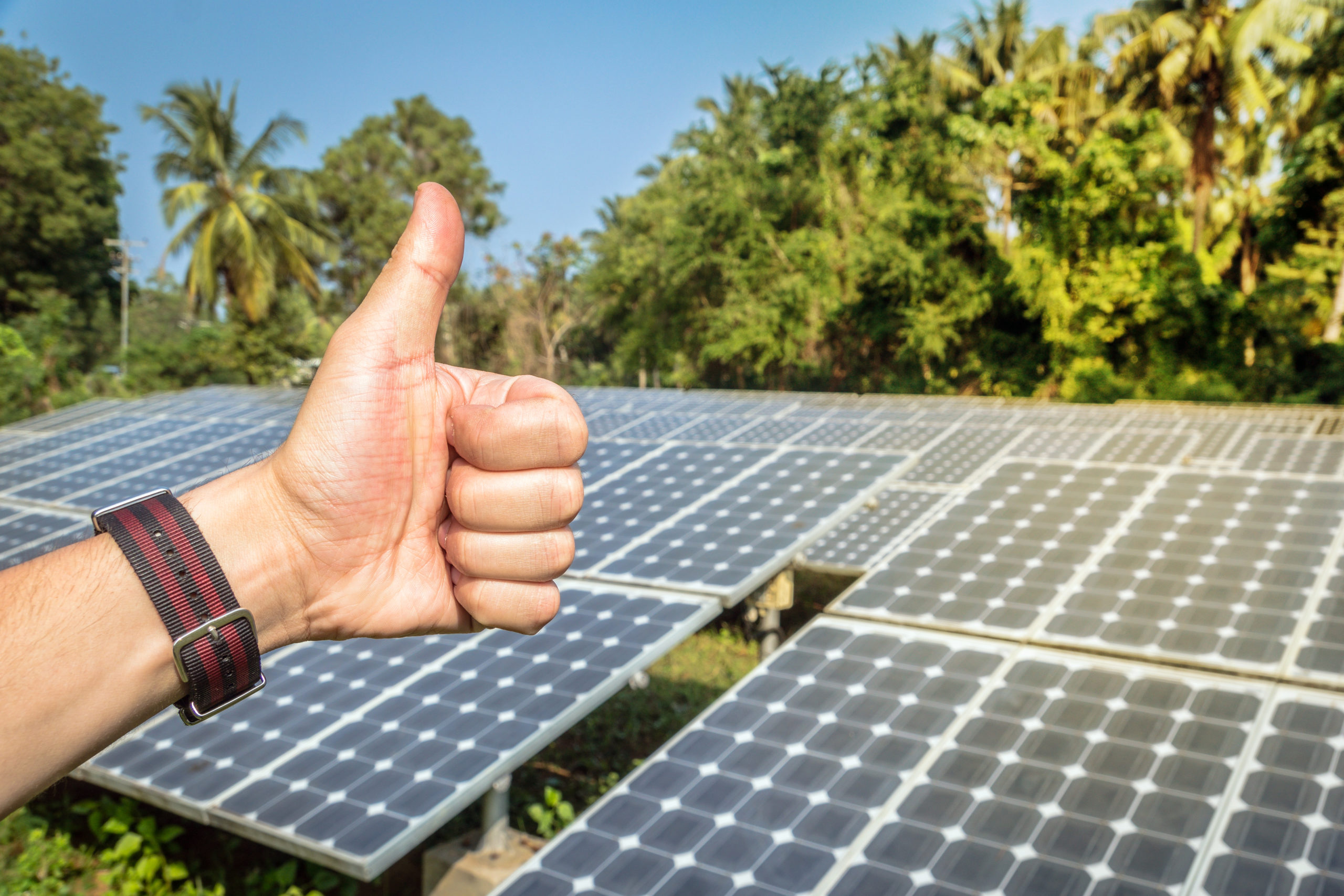You probably see solar panels on several buildings as you go about your day. They’re more commonplace than ever before. As a result, considering the advantages and disadvantages to solar panels is only natural. It’s a serious investment on a permanent home. Explore the features that define any solar installation so that you can make an educated decision on a purchase.
1. Sustainable Power Generation
The main advantage to solar panels is sustainable power. The sun rises and sets every day, which means you can harness this energy in order to run a home’s essential items. From overhead lights to laundry machines, electrical items need a certain amount of power. Solar energy is reliable for nearly half a day, every day.
2. Space Concerns
A disadvantage to solar panels is the space concerns. Most installations need more than just one panel. They take up most of your rooftop or land space. This detail cannot be improved too much as technology advances. There must be surface area on the panel to collect the sun’s rays. Space is always necessary.
3. Unique Array
A main advantage to solar panels is their versatility in almost every installation. Arrange one or more panels in any configuration that works for your rooftop. Connect them all on one side of the roof, or add them to several different locations. The home’s architecture isn’t a limitation for most panel installations.
4. Toxic Substances
The panels’ internal parts are made out of lead and other substances that can be harmful to the environment. If a panel breaks, it could allow these substance to roam free in the area. Manufacturing the panels is also an environmental concern. From acetone to sulfuric acid, these substances must be used in order to create the panels in the first place.
5. Energy Storage Possible
Today’s solar panels can connect into storage batteries. When the sun sets, households use the stored energy in order to run their electrical items. Sunlight doesn’t have to be present for many hours. The batteries hold enough power to make it through the night.
6. Storm Damage
If you live in an area with severe storms, the panels can be damaged. Hail and wind are weather events that can damage panels over the course of one storm. Solar panels are designed to be sturdy against most weather patterns, but they aren’t immune.
7. Daylight-Absorption Perks
Direct sunlight isn’t the only factor that encourages energy generation on the panels’ surfaces. Today’s technology simply requires daylight. This light can be from an overcast day or indirect light. Although the panels put out more energy when direct sunlight is present, indirect daylight is still viable. The home continues to run without any power outages.
Solar panels will continue to improve in design and applications as the years go by. If you can’t invest in solar power today, the future might hold a better solution in the end. Relying on the sun has always been a sustainable and smart venture for every generation.







